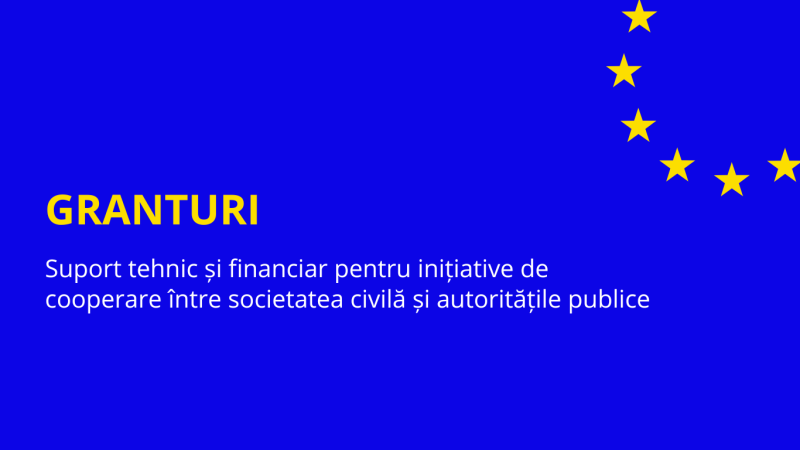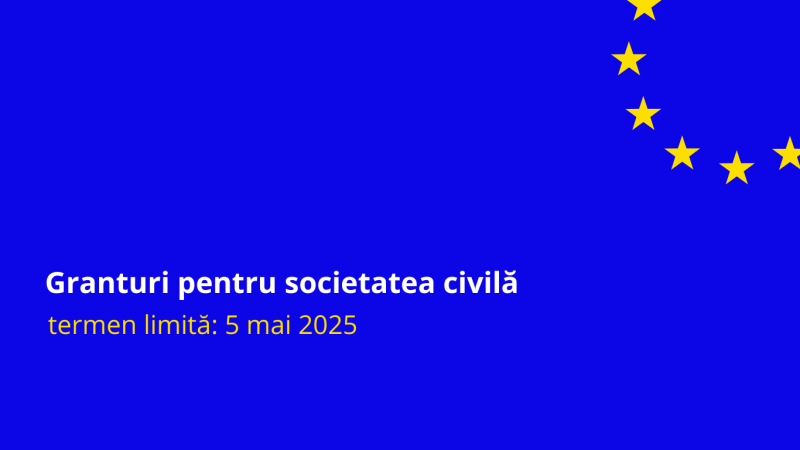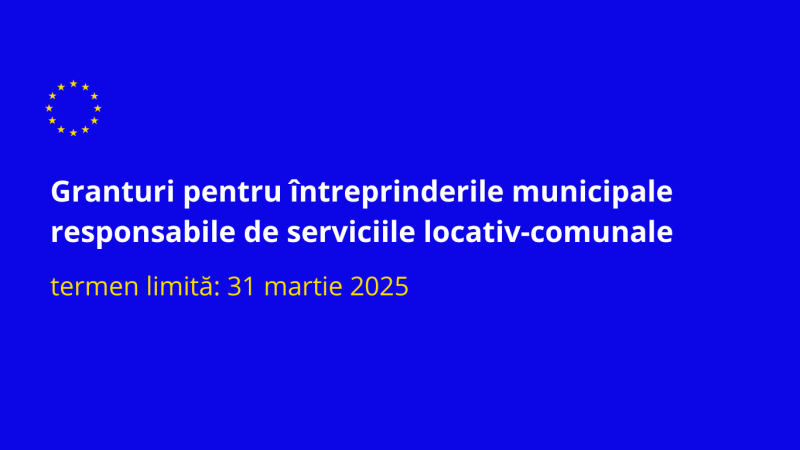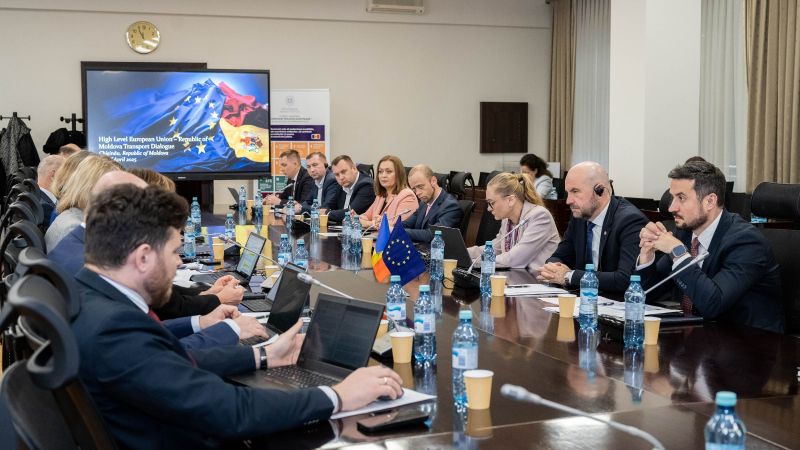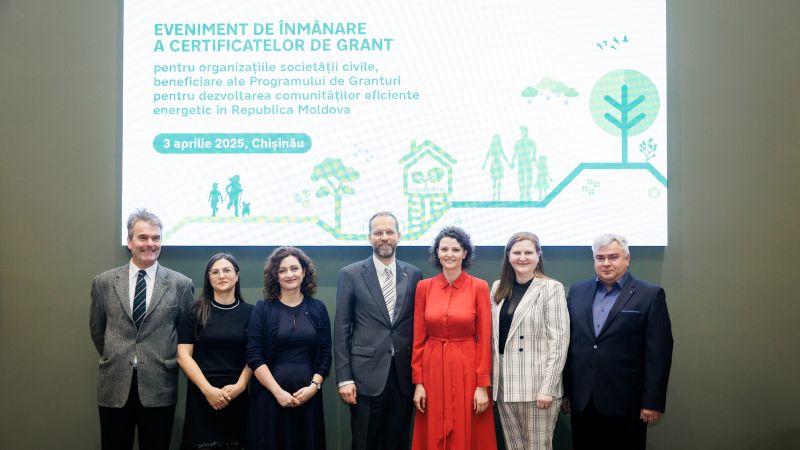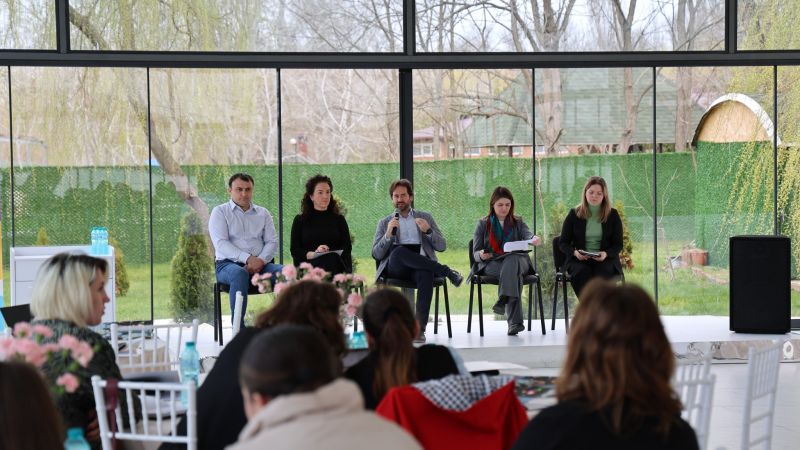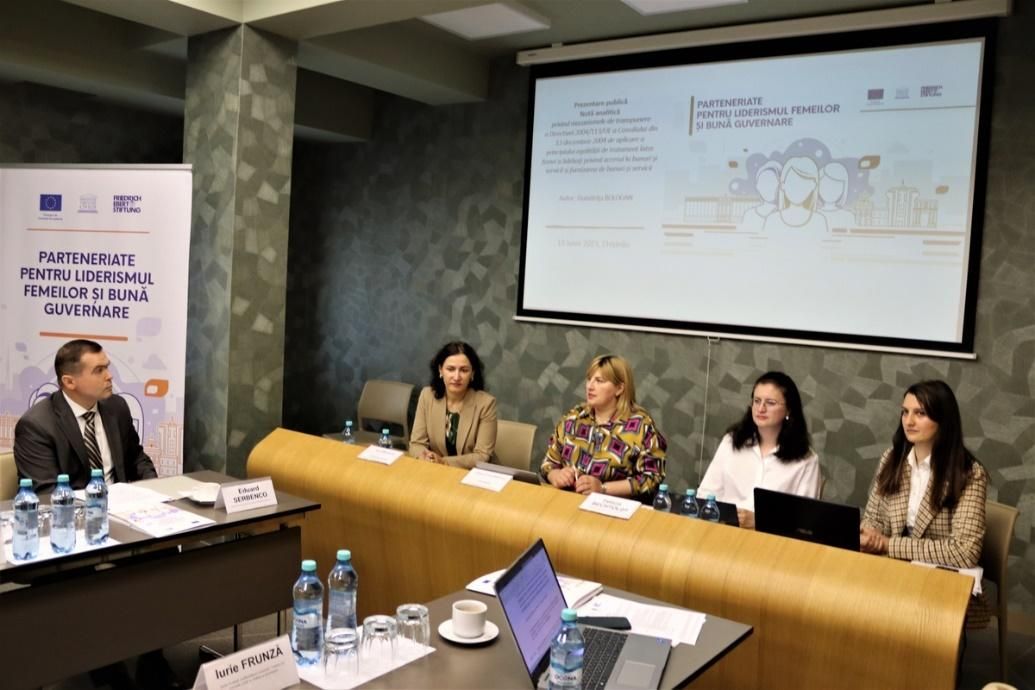
With the support of the EU, Moldova is advancing in discussions about the transposition of European legislation on gender equality
Upon obtaining the status of a candidate country, the Republic of Moldova also assumed the obligation to harmonize the national legislation with that of the European Union.
The team of the „Partnerships for women’s leadership and good governance” project, implemented by the „Friedrich Ebert” Foundation in Moldova and the „Institutum Virtutes Civilis” PA, with the financial support of the European Union and the „Friedrich Ebert” Foundation, complied with the request of the Ministry of Labor and Social Protection of the Republic of Moldova to analyze the EU Directives on gender equality and what is to be transposed into the national legislation.
On 13 June together with representatives from the Ministry of Labor and Social Protection, the conclusions of the analytical note „Mechanisms for the transposition of EU Directive 113 of 13 December 13 2004 on the application of the equal treatment principle between women and men regarding access to goods and services and the supply of goods and services in the legislation of the Republic of Moldova”, were discussed.
The purpose of the event was to provide a dialogue platform for representatives of public authorities and non-commercial organizations, where they could submit recommendations and comments on the presented analytical note and discuss the steps necessary for the full transposition of the Directive, which will ensure gender equality in the economic field and will prevent gender-based discrimination in access to goods and services.
Some recommendations are formulated in the framework of the research:
- Evaluation of the operational, logistical, human and financial resources capacities of the Council for Equality in order to cover the sector of equal opportunities and treatment in the field of access to goods and services (reception/ analysis of population complaints);
- Training of prosecutors, judges, lawyers and representatives of the Council for Equality and relevant institutions in the context of the provisions of Directive 2004/113;
- Working with the financial sector to ensure gender equality in access to capital for self-employed workers and SMEs.

The discussions were attended by deputies, representatives of the Council for Equality, the Ministry of Labor and Social Protection, the Ministry of Foreign Affairs and European Integration, the Ministry of Justice, the State Chancellery, etc.
During the debate, the country director of the „Friedrich Ebert” Foundation in Moldova, Ana Mihailov, mentioned that „Constant cooperation between public authorities and civil society strengthens the efforts to align the legislation of the Republic of Moldova with the European one and contributes to the acceleration of the European integration of Republic of Moldova. This robust dialogue strengthens the relationships between state institutions and organizations that promote the interests of citizens.”
In turn, the president of the „Institutum Virtutes Civilis”, Liliana Palihovici, stated that „Considering our status as a candidate country, it is vital to harmonize our legislation with that of the European Union. The recommendations in this analytical note facilitate this process, including the capacities assessment of the Council for Equality and training the legal staff and other relevant institutions.„
And Felicia Bechtoldt, State Secretary, emphasized: „This Directive is of crucial importance as it prohibits any form of discrimination between men and women in terms of prices, conditions of sale, access to products or services, including in the insurance sectors, financial, real estate and health services. Our efforts must focus on promoting a mentality and behaviour that ensures equal rights and opportunities in access to goods and services.„
The analytical note was developed within the project „Partnerships for women’s leadership and good governance”, carried out by the „Friedrich Ebert” Foundation in Moldova and the „Institutum Virtutes Civilis” PA, with the financial support of the European Union in the Republic of Moldova and the „Friedrich Ebert” Foundation.
